Ex-Presidential candidate Andrew Yang creates a new platform to "move humanity forward" - with basic income at the core
Two items here about the continuing relevance of basic income/citizen’s income to contemporary politics. (We blogged just recently about Phil Teer’s creativity case for UBI, inspired by A/UK).
One is about the aftermath of a campaign that placed basic income at the heart of solutions to America’s problems. The other is about a recent Canadian experiment with UBI which was trashed politically - but has subsequently been discovered to have actually surpassed expectations for its impact.
1: “Move Humanity Forward” (via UBI): What Andrew Yang Does Next
Firstly, here’s what’s become of the edu-tech entrepreneur Andrew Yang’s Presidential campaign, which ran from Nov 6, 2017, to February 11, 2020, the night of the New Hampshire primary. As Wikipedia summarises it:
In April 2018, Yang released The War on Normal People, a book discussing job displacement, automation, and universal basic income (UBI), which are central to his campaign.
If you’re already a co-creator, click here. And if you can, please contribute!
Initially considered a longshot candidate, Yang gained significant support in early 2019 after appearing on the popular podcast, The Joe Rogan Experience. He later appeared on numerous other podcasts, shows, and interviews during his campaign.
In 2019, his campaign raised $1.7 million, $2.8 million, and $10 million in the first, second, and third quarters, respectively. In the fourth quarter, he raised $16.5 million, a 65% increase from the last quarter.
Yang qualified for and participated in all six Democratic primary debates held in 2019. In 2020, Yang did not meet the polling requirement for the seventh debate, but he later qualified for and participated in the eighth debate.
Yang's unorthodox campaign strategy and platform attracted attention, especially for his heavy reliance upon Internet-based campaigning. The centerpiece of his campaign was the "Freedom Dividend," a UBI of $1,000 a month to every American adult.
Another key aspect of his candidacy was what he called "Human-Centered Capitalism". The main focus of Yang's campaign was the issue of the displacement of American workers through automation, a problem Yang claims was a major reason Donald Trump won the 2016 presidential election….
"There's a straight line up between the adoption of industrial robots in a community and the movement towards Donald Trump."[314] Many of his policies, including the Freedom Dividend, are structured as a response to this issue.[11]
So what now for the Yang Gang - the name his enthusiastic, digital-first supporters gave themselves? Well, Yang has decided to keep them engaged with what seems an even more idealistic programme - a non-profit campaign organisation called Humanity Forward. Their plan:
Endorse and provide resources to political candidates who embrace Universal Basic Income, human-centered capitalism and other aligned policies at every level
Empower Americans to retake control of their data and get compensated for its use by big tech companies
Activate new voters and the politically disengaged, particularly young people and the economically marginalized
Mainstream the ideas of the movement through podcasts, traditional media, and high-impact events
Launch and support projects and pilots that demonstrate the power and practicality of our ideas in real life
The website for Humanity Forward clearly has a target audience — young people embittered by our political system.
“We need to present a vision that young people can see themselves in and get excited about,” Yang told Politico. “We have to speak to them in their own language, in their own environments. We think we can reach people in really fun and funny ways that will make politics seem exciting and relevant to them.”
“It will take all of us working together to bring the wave crashing down on Washington and rewrite the rules of our economy and society to work for us,” the site reads.
2: Ontario’s 2017 Basic Income experiment was branded a failure by opponents - but the opposite is true
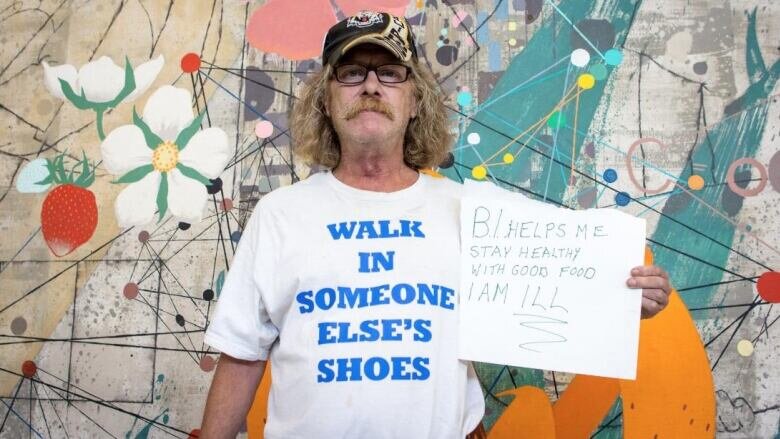
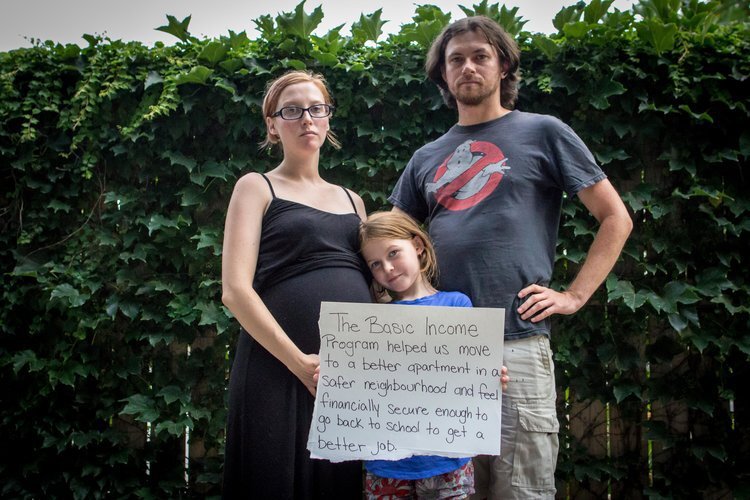
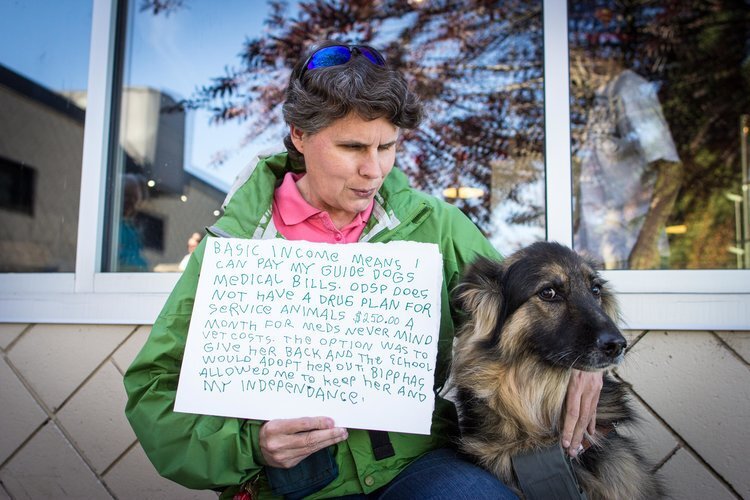
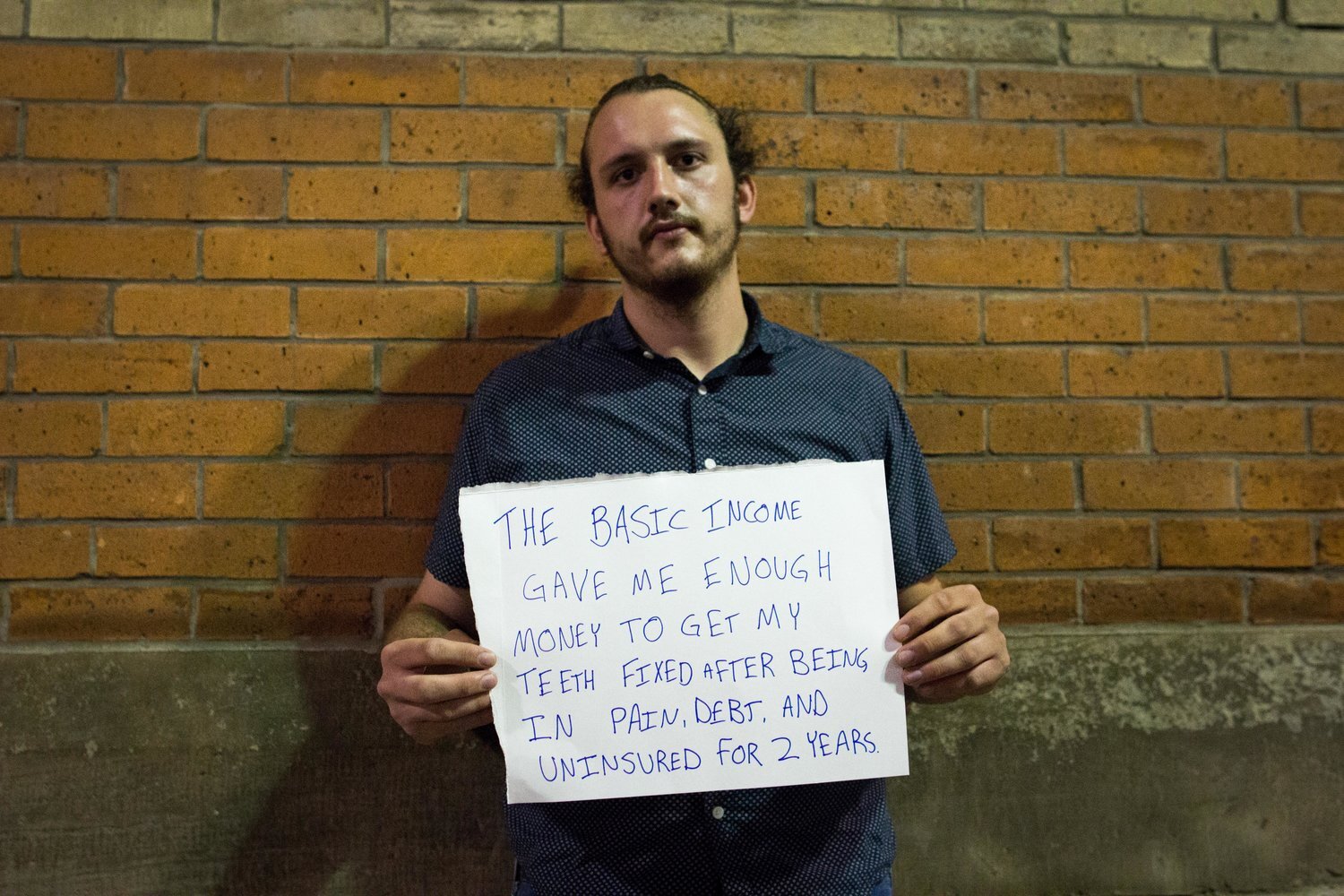
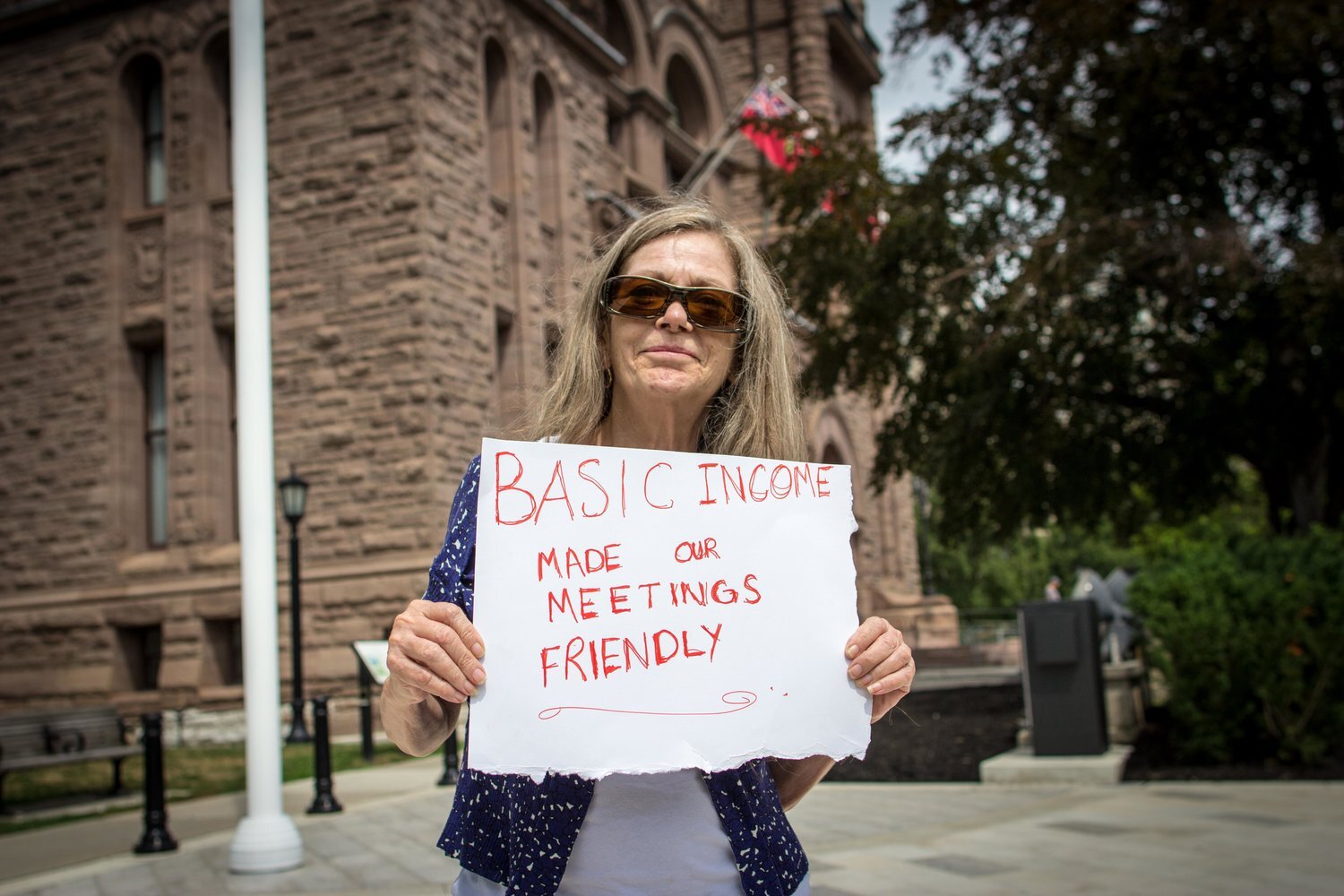
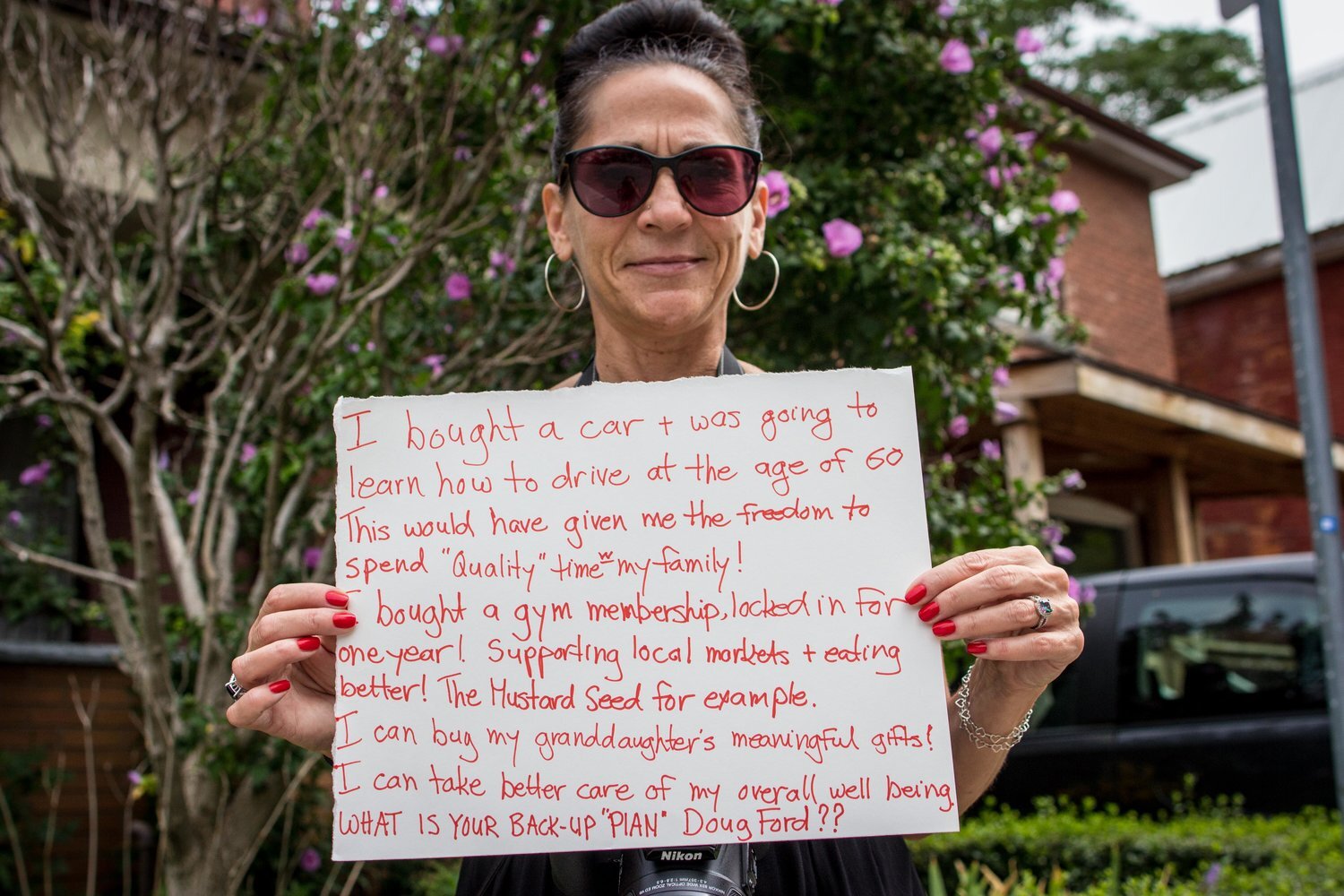
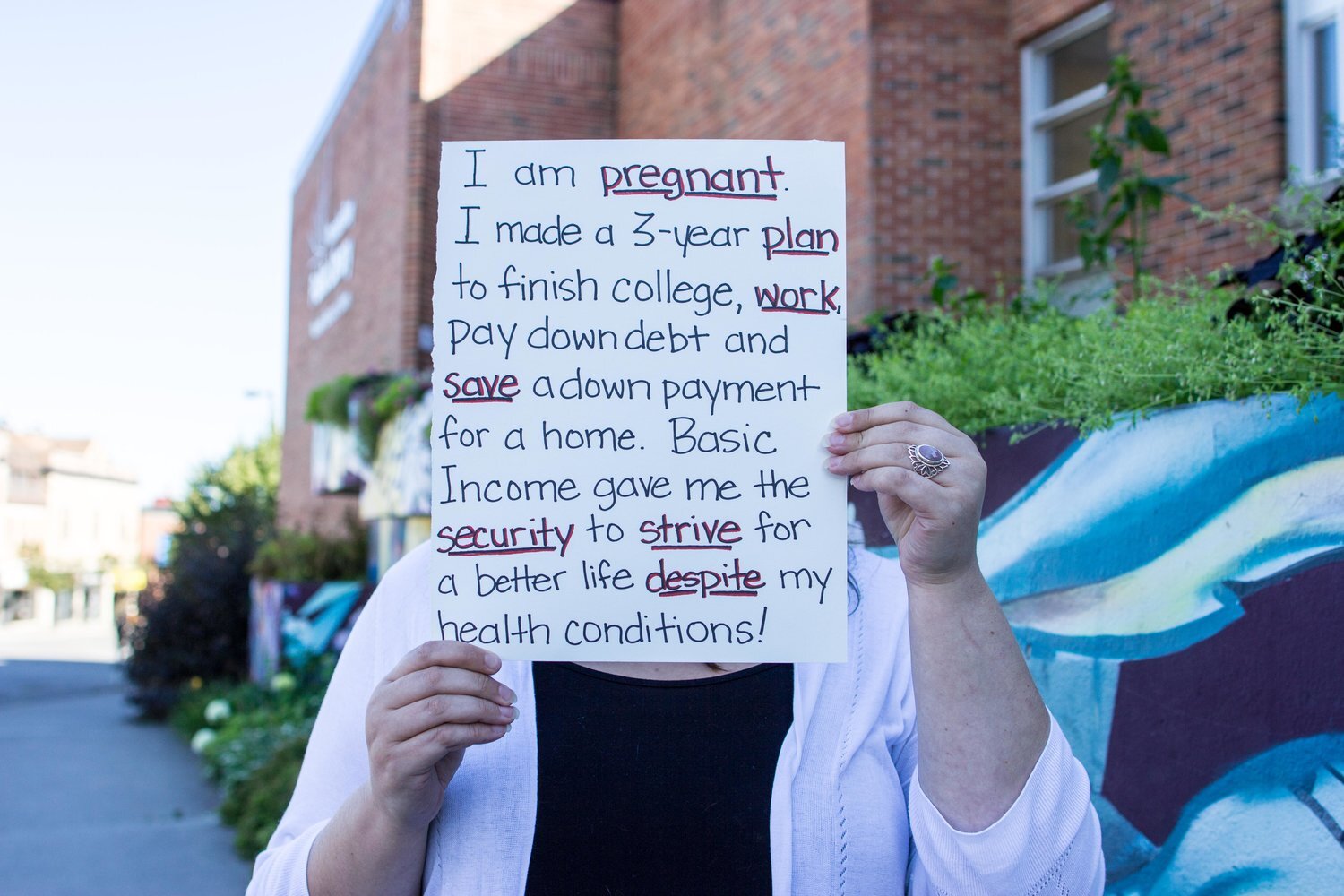
There are a classic litany of objections to basic income - primarily that it will sap the work ethic, and encourage laziness, among those who receive it. This was the reasoning that shut down Southern Ontario’s three-year, $150-million UBI program in July 2019, after only a year. The services minister Lisa MacLeod said the decision was made because the program was failing to help people become "independent contributors to the economy."
Yet, as CBC report, an independent study of those receiving the basic income showed a range of positive outcomes:
"They continued working," said Wayne Lewchuk, an economics prof at McMaster University who was part of the research team on Southern Ontario’s Basic Income Experience.
"Many of those who continued working were actually able to move to better jobs, jobs that had a higher hourly wage, that had in general better working conditions, that they felt were more secure.
…"I remember one individual who said 'Look, I was on the edge of suicide. I just felt nobody cared about me. I didn't know how to make ends meet and now with basic income I feel like I can be part of society,'" Lewchuk recalled.
Nearly 80 per cent of respondents reported better overall health while taking part in the program. More than half said they were using less tobacco and 48 per cent said they were drinking less.
When it came to mental health, 83 per cent of those surveyed described feeling stressed or anxious less often and 81 per cent said they felt more self-confident.
An improved diet, better housing security and less-frequent hospital visits were other outcomes respondents pointed to, along with 66 per cent who said they formed better relationships with family members.
"What became clear is that as people moved to some stability their health improved, their mental health improved, their outlook on life improved," said Lewchuk. "You have to believe that actually made them more employable."
That's in contrast to the situation for participants once the plug was pulled.
"Almost all survey respondents indicated that the pilot's cancellation forced them to place on hold or abandon certain life plans," reads the report.
More here (and download the report).
The slideshow above is a selection from a series of 70-odd portraits, “Humans of Basic Income” - some of those who received the experimental Ontario benefit, each briefly telling the story of the benefits it brought to their lives. The photographer, Jessie Golem, was herself a recipient.


